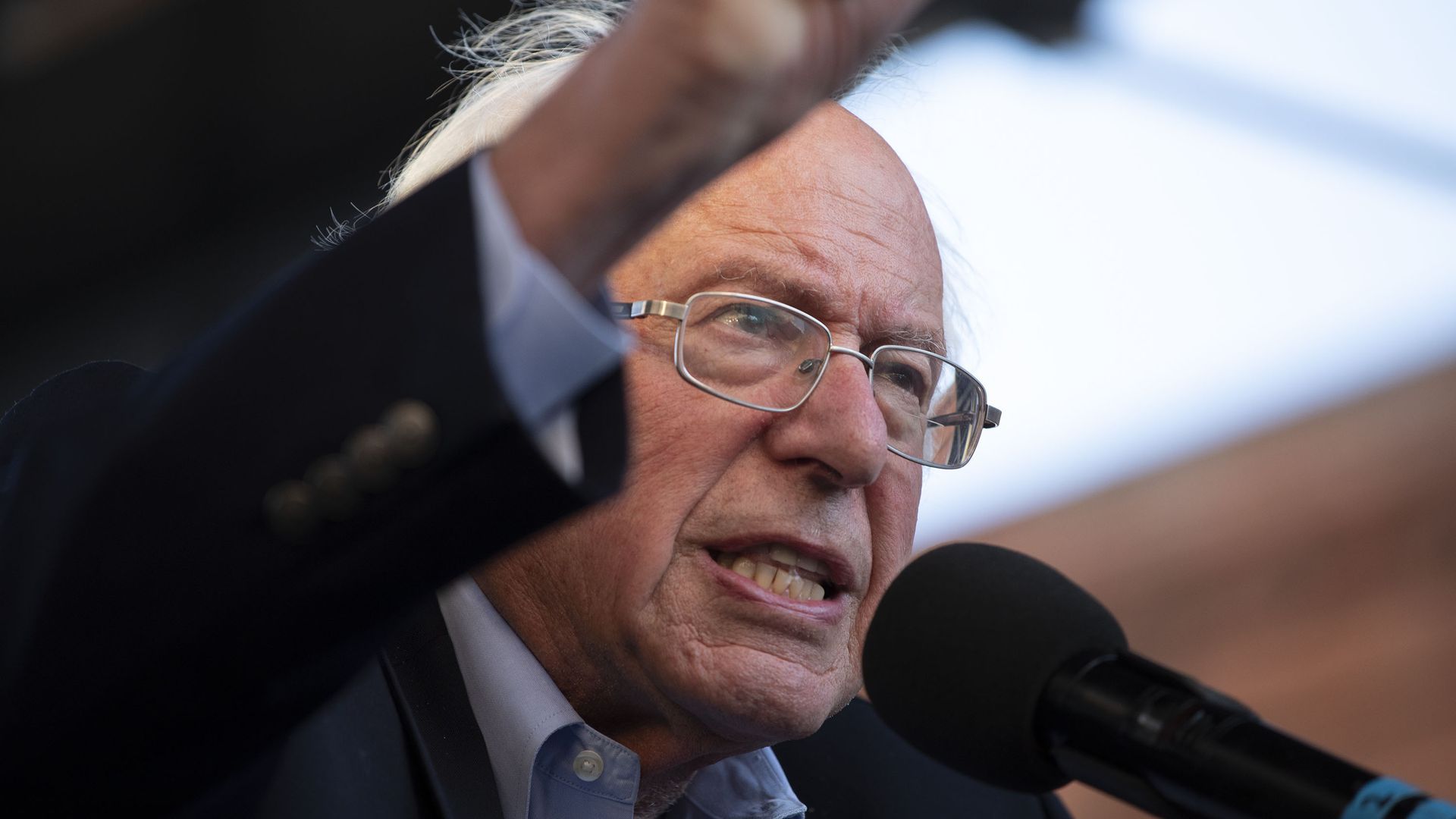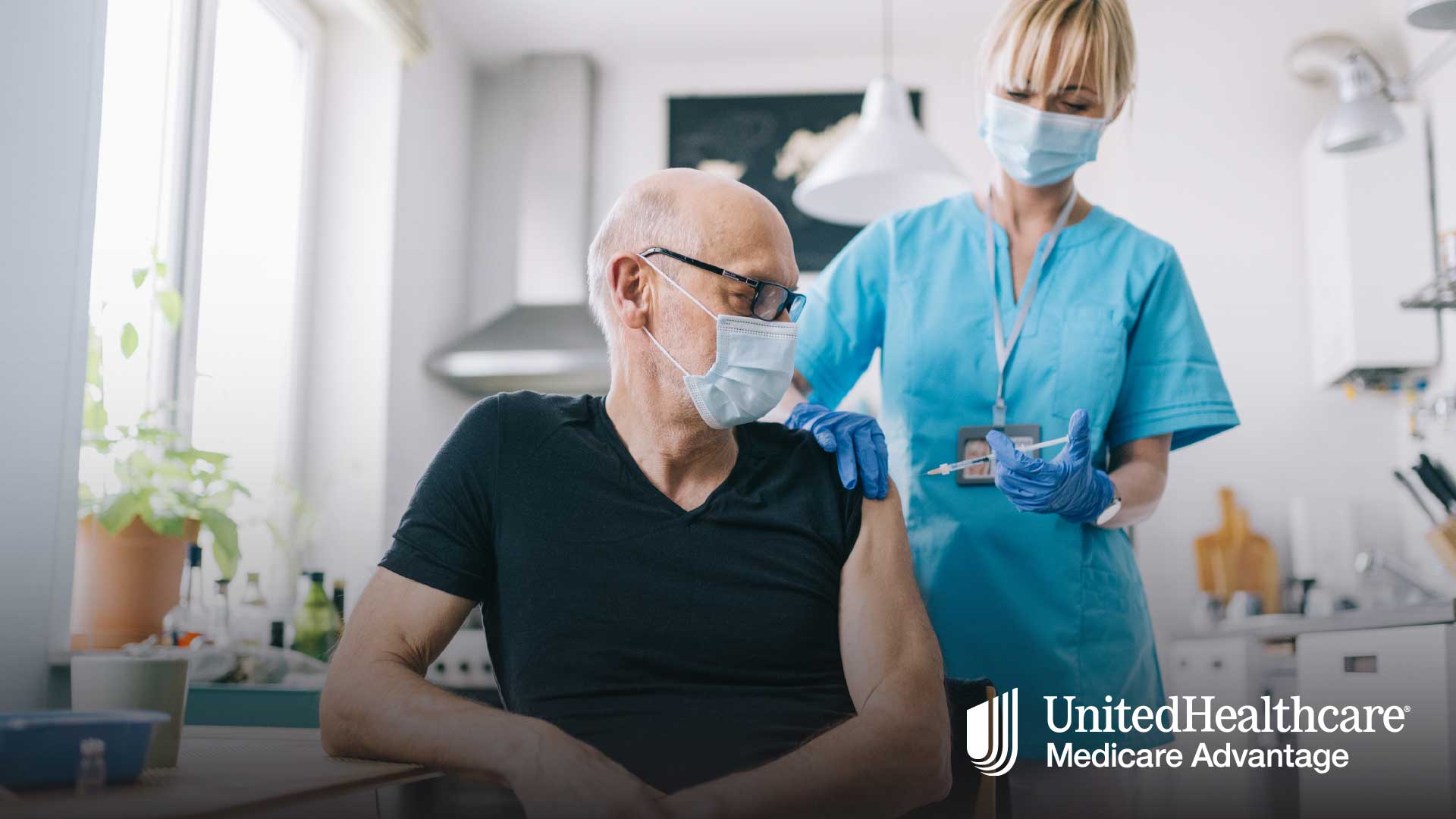| |
| |
| |
| Presented By UnitedHealthcare |
| |
| Axios Vitals |
| By Tina Reed · Nov 18, 2022 |
| Happy Friday, Vitals readers! 🦃 Don't forget: If you're making a turkey for Thanksgiving, don't forget to start thawing it soon. Today's newsletter is 1,068 words or a 4-minute read. |
| |
| |
| 1 big thing: Time running out on insulin cost caps |
 |
|
| Illustration: Sarah Grillo/Axios |
| |
| An effort to lower the cost of insulin for privately insured patients faces long odds in the lame duck session, Axios' Peter Sullivan reports. Why it matters: More than 1 million Americans have to ration insulin because of the cost, according to an October study in the Annals of Internal Medicine. Between the lines: Sens. Jeanne Shaheen (D-N.H.) and Susan Collins (R-Maine) have introduced a bipartisan measure to lower insulin costs, but finding nine other Republicans to get to 60 votes has proven difficult. - There isn't a lot of time on the Senate floor before the end of the year, and congressional scorekeepers concluded the measure would cost about $23 billion over 10 years, adding hurdles.
- "It will be a big lift because it's an expensive policy and Republicans will have to bring 10 votes, which they weren't able to do earlier this year," a Senate Democratic aide said.
- Another path would be getting the bill into the year-end government funding package, something that Senate GOP Leader Mitch McConnell isn't likely to agree to.
- Sen. Raphael Warnock has also made capping insulin costs a key issue, adding a political hurdle to getting Republican support, at least before the Dec. 6 runoff election in Georgia.
How it works: Democrats' Inflation Reduction Act will cap monthly out-of-pocket insulin costs to $35 for Medicare beneficiaries starting next year. - The Shaheen-Collins bill would go further by placing a similar cap on the private market, along with voluntary incentives for drug companies to lower the list price of insulin.
- Many Republicans view the policy as interfering in the private market. Only 12 House Republicans voted for a $35 cap earlier this year.
- Some advocates have called for the bill to do more to lower the overall price of insulin, not just cap patient out-of-pocket costs.
- "For any meaningful possible health care agenda, you want to get it done now," said Leslie Dach, chair of the Democratic-aligned advocacy group Protect Our Care.
Yes, but: Senate Finance Committee Chairman Ron Wyden said he is going to go "all in" to push for action on insulin. And Democrats, after keeping their Senate majority, could also seek to pressure the GOP House next year. This story was published first on Axios Pro. Get breaking news like this by subscribing. Use code POLICYLAUNCH to get $200 off. |
    |
| |
| |
| 2. Sanders will seek health panel chairmanship |
 |
|
| Bernie Sanders. Photo: Bill Pugliano/Getty Images |
| |
| Progressive firebrand Sen. Bernie Sanders will take the helm of the Senate HELP Committee next year, his spokesman confirmed on Thursday. Why it matters: It gives a bigger platform to one of the political left's most prominent voices, an unabashed champion of Medicare for All and critic of the drug industry, Peter writes. - Sanders spokesman Mike Casca indicated Medicare for All would be part of Sanders' focus next year, referring to "universal health care, lowering the cost of prescription drugs, increasing access to higher education, and protecting workers' rights on the job" as his priorities as chairman.
Reality check: Sweeping drug price reductions or policies like Medicare for All have no chance with a GOP House, even if they were to somehow made it out of the Senate. - But Sanders can call hearings, seek to make executives testify, and use his megaphone.
|
    |
| |
| |
| 3. What to know on Hakeem Jeffries and health care |
| It looks like Hakeem Jeffries is going to be the next leader of the House Democrats, but his health care views are more of a mystery than Nancy Pelosi's, Axios' Peter Sullivan, Maya Goldman and Victoria Knight write. The big picture: Jeffries supports strengthening the Affordable Care Act and lowering prescription drug costs. He's also given rhetorical support to progressive goals like Medicare for All, but leaves himself an out to support more moderate options too. Zoom in: Jeffries will likely prioritize keeping the Medicare drug provisions of the Inflation Reduction Act intact and stopping Republicans' attempts to cut Medicare next year, one health care analyst predicted. Reality check: Pelosi already got the ACA and Medicare drug price negotiations done — and health care is such a big issue for Democratic voters that Jeffries will likely be expected to come up with a bigger agenda than just preserving the existing gains. Read the rest. |
    |
| |
| |
| A message from UnitedHealthcare |
| HouseCalls help prevent health issues among seniors |
| |
 |
| |
| UnitedHealthcare's Medicare Advantage HouseCalls provide preventive care visits in the comfort of seniors' own homes. The highly trained nurses are thorough, spending up to an hour with seniors and following up with doctors to address any issues. Learn more. |
| |
| |
| 4. Data du jour: How much cancer screening dropped |
 Data: Trilliant Health national all-payer claims database; Chart: Axios Visuals Cancer screening rates and diagnoses had yet to bounce back to pre-pandemic levels by the end of 2021, a new analysis published in JAMA Oncology shows, Axios' Arielle Dreher writes. 👀 What they found: Using a set of nationally representative, all-payer data claims from analytics company Trilliant Health, researchers found that "screening quickly rebounded after the initial stages of the pandemic; however, the longer follow-up time reveals that gaps in preventive cancer screening returned and worsened." - The study put patients being diagnosed with later-stage cancers after putting off screening during lockdowns.
- They've also seen that patients have been slow to return to regular cancer screenings and check-ups as the pandemic eased.
|
    |
| |
| |
| 5. Record level of home births |
 |
|
| Illustration: Annelise Capossela/Axios |
| |
| The pandemic caused a 30-year high in U.S. births at home in 2021 as people avoided hospitals that were being swamped with COVID-19 cases, the Centers for Disease Control reported on Thursday, Axios' Sabrina Moreno writes. Why it matters: The findings offered another view of the pandemic's effects on maternal health and how, of the nearly 52,000 home births recorded last year, the greatest increases were among Black and Hispanic women. What they found: While home births rose an average of 2% from 1990 to 2019, they jumped 22% between 2019 and 2020, said Elizabeth Gregory, a researcher who co-authored the report. - The overall percentage of people giving birth at home in 2021 — 1.41% — was the highest level since at least 1990.
- It was as high as 1.51% in January 2021, when COVID vaccines weren't widely available and one person in the U.S. was dying from the virus every 28 seconds.
What they're saying: "For the first time in my whole career, women were more afraid of the hospital than afraid of birth," said Maria Iorillo, a licensed midwife in San Francisco who has been assisting in home births for nearly 40 years. Share this |
    |
| |
| |
| 6. Dog of the week |
 |
|
| Stanley. Photo: Alex Yergin |
| |
| Meet Stanley, a sheepadoodle who lives in Washington D.C. with his humans Jessica and Alex Yergin and his little (human) sister Natalie. - Stanley's favorite thing in the world — besides getting belly scratches and eating SkinnyPop — is to chase after tennis balls that Alex launches in their backyard.
- He's also memorized how to get to the pet store and the park from the house and has been known to pull his family there late at night.
|
    |
| |
| |
| A message from UnitedHealthcare |
| Better care with UnitedHealthcare's Medicare Advantage HouseCalls |
| |
 |
| |
| Millions of Medicare Advantage seniors rely on UnitedHealthcare's free HouseCalls program, which brings important preventive care visits into their homes. Our HouseCalls program helps keep seniors out of the hospital, and members give the service a 99% satisfaction rating. |
| |
| Thanks for reading, and thanks to senior editor Adriel Bettelheim and copy editor Nick Aspinwall for the edits. Did someone forward this email to you? Here's how to sign up. |
 | | Your personal policy analyst is here. | | |









No comments:
Post a Comment